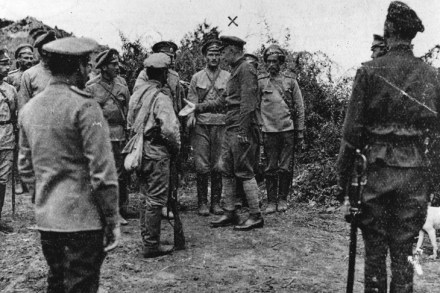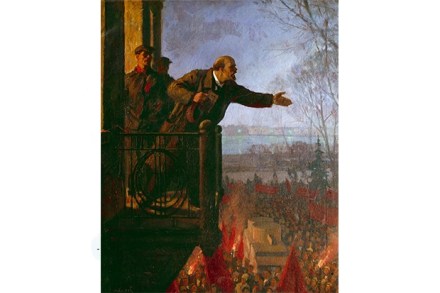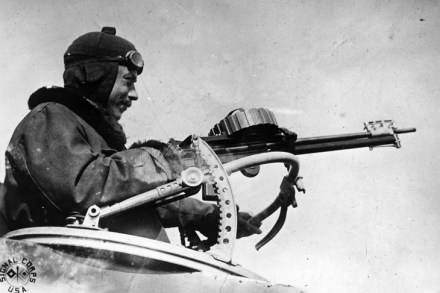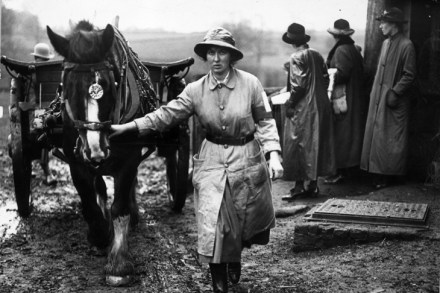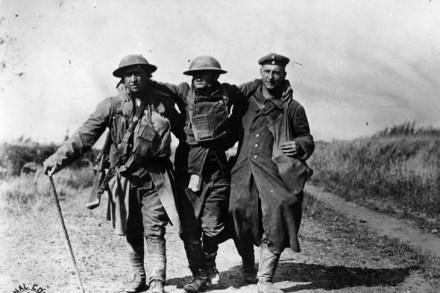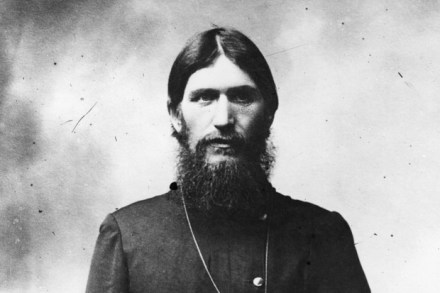Russia’s revolutionary soul
From ‘The Russian awakening’, 6 July 1917: M. Kerensky, the Russian Minister of War, has kept his word. He promised his Western Allies an early military Offensive and on Monday he was able to telegraph to his Prime Minister, Prince Lvoff: ‘On July 1st the Army of Revolutionary Russia took the offensive with great enthusiasm.’
